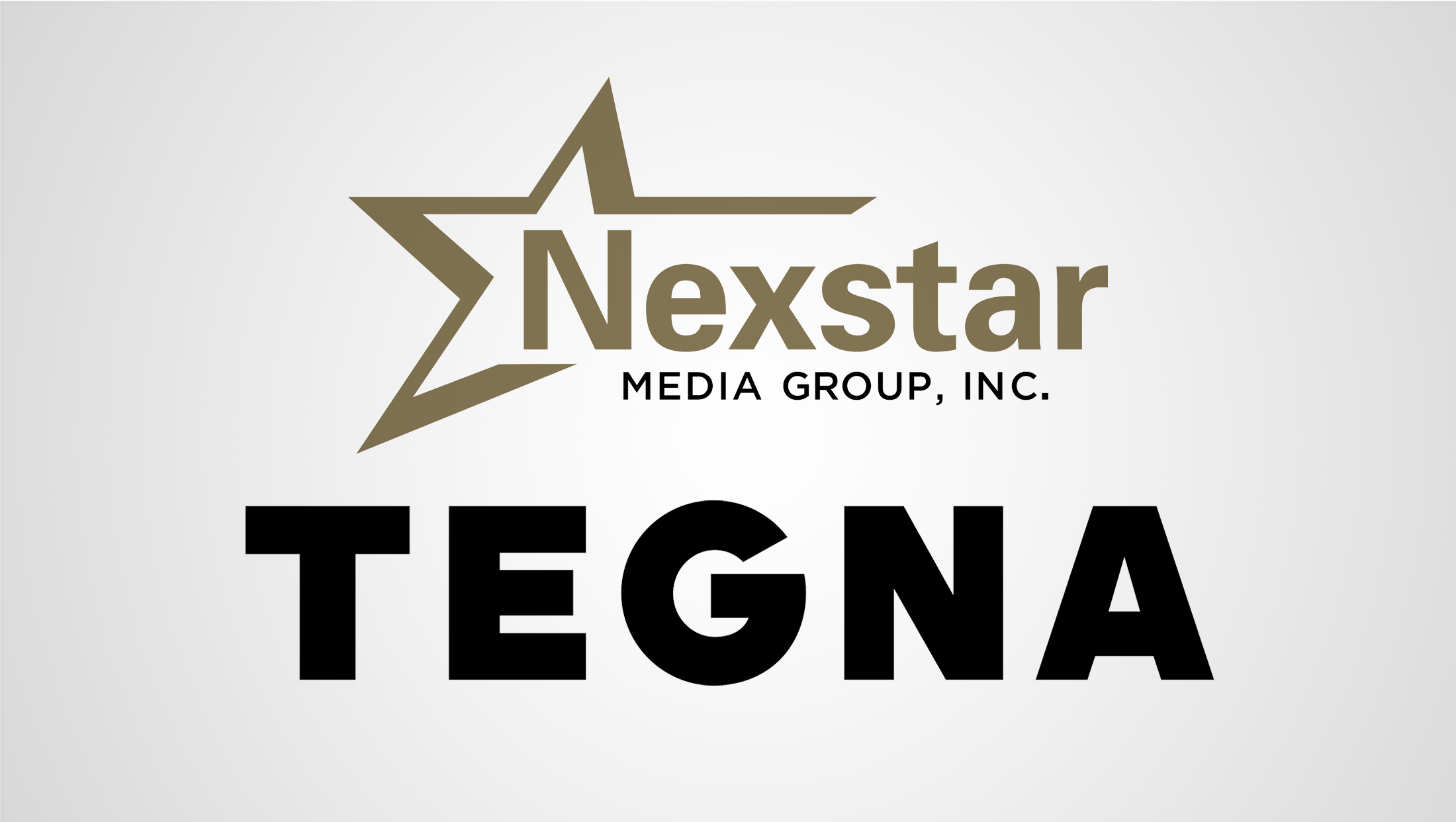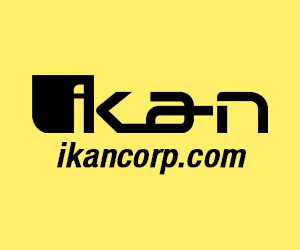Nexstar said to be closing in on deal to buy Tegna

Subscribe to NCS for the latest news, project case studies and product announcements in broadcast technology, creative design and engineering delivered to your inbox.
Nexstar Media Group is reportedly in advanced talks to acquire Tegna, the Wall Street Journal reported Aug. 8, 2025, a deal that could take advantage of potentially lighter ownership caps under continued deregulation at the FCC.
Nexstar is the largest owner of television stations in the United States, with over 200 stations under its umbrella of ownership or management. These stations are in 116 markets.
Tegna, with 64 stations in 51 markets, is smaller and worth around $2.5 billion. Nexstar’s larger size means it’s worth about $5.6 billion, according to WSJ estimates.
In addition to interests in local TV, Nexstar also owns one radio station, The CW and 24-hour cable channel NewsNation, while Tegna claims multicast channels True Crime Network and Quest as part of its holdings.
There was no immediate word on how such a deal might be structured or what the price tag would be.
WSJ sources say that a deal could be finalized soon.
Nexstar traces its roots back to 1996, when it was founded under the name Nexstar Broadcast Group. It started with the CBS affiliate in Scranton–Wilkes-Barre, Pennsylvania, WYOU. Two years later, it purchased the NBC affiliate in the market, WBRE, before selling WYOU to Mission Broadcasting, a company that has had significant ties to Nexstar since it launched in 1996.
This created a workaround for FCC rules that barred a single company from owning two big-four affiliated stations in the same market and Nexstar can credit much of its growth for replicating the setup across the country with both Mission and, later, Vaughn Media.
Tegna and other TV station ownership groups also use similar arrangements in many markets.
These quasi-duopolies had allowed Nexstar to share multiple services, including news production, engineering, sales, operations and back office, which saves on costs. The exact nature of each arrangement varies from market to market.
If the deal ultimately goes through, Nexstar’s move to acquire Tegna would come at a key moment.
The FCC, under Donald Trump-appointee Brendan Carr, has started the process of removing many broadcasting regulations and keen to increase ownership limits.
A proposed combination of two large station owners could ultimately prove to be a test case for potential new rules.
The FCC ultimately has to approve the transfer of television station licenses, which gives it significant power over deals between station owners.
Deregulation of the broadcast industry, including potential moves to loosen ownership rules, has the potential to open up a massive shift in TV station ownership in the U.S., narrowing the field to even fewer players.
Proponents argue that consolidation is necessary for stations to operate effectively in the current economic climate. They also claim that such moves are vital to allowing stations to continue to provide free, over-the-air signals and community service. Detractors, however, say consolidation will put too much control of airwaves in a increasingly fewer number of companies.
Another argument is that, with factors such as UHF discounts and shared service agreements, much of America already is already served by stations with common ownership.
Under current rules, a single company cannot own more stations that reach 39% or more of U.S. television households.
On paper, Nexstar stations manage to come in just at that limit, but when UHF discounts, an FCC rule that cuts reach figures in half on stations occupying that part of the spectrum, are removed, that figure reaches around 70%, according to a presentation Nexstar gave to investors earlier in 2025.
Tegna’s number is just around 39% as well with discounts.
It’s not clear what a potential combined company’s reach would hit — with or without discounts — but any growth in that figure would need to come from regions where the two companies don’t overlap.
An interesting grace note to a potential Nexstar-Tegna acquisition is that, in Nexstar’s original market in the northeast corner of Pennsylvania, such a deal, without any regulatory concessions, would set the stage for one company to own all of the big-three affiliated stations in the region.
Tegna currently owns WNEP, the ABC affiliate there, but it’s not clear if such an arrangement would be considered or allowed or if one or more of these stations might have be sold or traded.
Subscribe to NCS for the latest news, project case studies and product announcements in broadcast technology, creative design and engineering delivered to your inbox.





tags
Mergers and Acquisitions, Nexstar Media Group, Tegna
categories
Broadcast Industry News, Featured, Policy